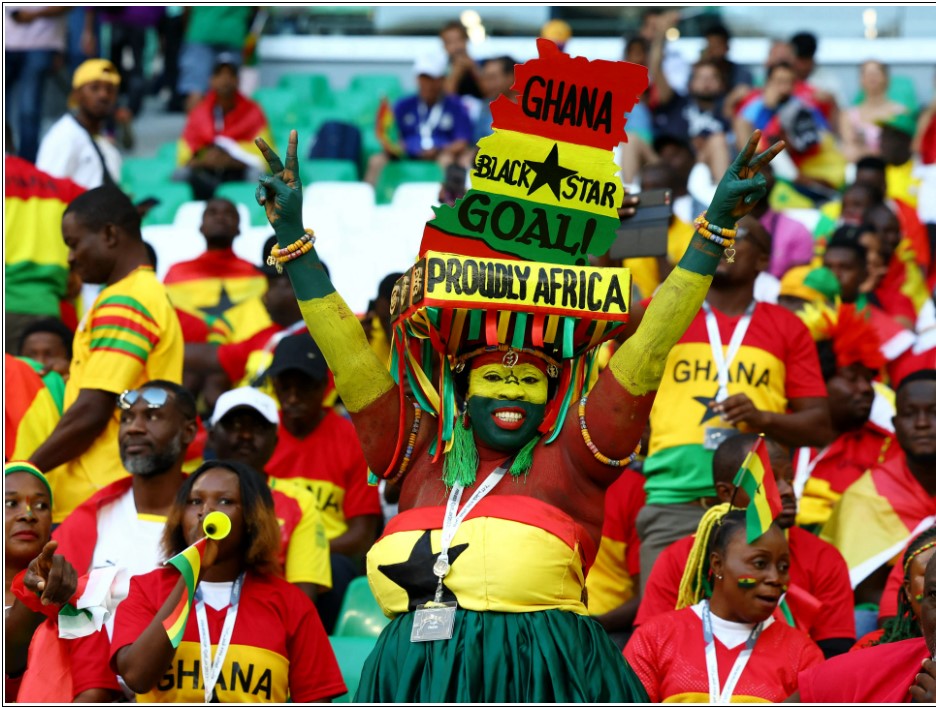The Story of Kwame: A Glimpse into Ghana’s Sporting Future
Kwame was just a boy from Nima, kicking a battered football on dusty streets, dreaming of becoming the next Abedi Pele. Like many young Ghanaians, sports was more than just a pastime—it was hope, a way out, a ticket to a better future. But as he grew, the challenges became clear. Limited training facilities, lack of investment, and a sports system that often prioritized talent over development meant his dream seemed far-fetched.
Then came a major shift—one that could change the destiny of young talents like Kwame forever.
On January 9, 2025, President John Mahama announced a sweeping reform: the Ministry of Youth and Sports would be rebranded as the Ministry of Sports & Recreation. This wasn’t just a name change; it was a bold new direction that recognized sports as both an economic powerhouse and a tool for national well-being.
A Ministry for the Future
For decades, Ghana has aligned sports with various sectors—education, culture, and youth development. This new structure, however, brings recreation into the fold, shifting the conversation from just youth participation to health, leisure, and economic impact.
Across the world, nations like New Zealand, Samoa, and Zimbabwe have successfully linked sports and recreation, promoting healthier societies while capitalizing on the multi-billion-dollar sports industry. Ghana is now poised to do the same.
Sports as Business: Beyond the Game
E.T. Mensah, a former Sports Minister, once declared, “Sports is a big business.” His words have never been more relevant.
Today, sports employs thousands of Ghanaians—footballers, coaches, referees, administrators, and media personnel. The Ghana Premier League alone supports about 20,000 jobs. Internationally, Ghanaian stars like Thomas Partey, Mohammed Kudus, and Ernest Nuamah have generated millions in foreign exchange through transfers. With the right policies, sports can become a key driver of Ghana’s economy.
But investment is needed. Private sector incentives, sponsorship deals, and infrastructure development are essential to professionalizing Ghana’s sporting landscape. The successes of nations like Qatar and Morocco, which have used sports to boost tourism and global recognition, show the immense potential waiting to be tapped.
Recreation for National Well-being
Beyond competitive sports, the Ministry’s new focus on recreation addresses an urgent national concern—public health.
Lifestyle diseases like hypertension and diabetes are on the rise, even among young people. Ghana once had a thriving Keep-Fit Club movement, where citizens across social classes participated in group exercises. Reviving such initiatives, possibly through a designated National Fitness Day, could promote healthier lifestyles.
Infrastructure: The Backbone of Sports Development
Hosting international tournaments has expanded Ghana’s sports infrastructure, as seen in Borteyman and the University of Ghana’s facilities for the 2023 African Games. However, more investment is needed to preserve community playing fields—places like Nima, which has produced football legends like Mohammed Kudus and Mohammed Polo.
Without proper facilities, how can the next generation of talents emerge?
Sports as a Unifying Force
If there’s one thing that transcends ethnicity, politics, and religion in Ghana, it’s sports. The sight of Ghanaians rallying behind the Black Stars, staying awake to watch Azumah Nelson’s fights, or passionately supporting local league matches proves its power to unite a nation.
South African studies show that during high-stakes football matches between Orlando Pirates and Kaizer Chiefs, crime rates drop significantly—an indication of sports’ ability to engage and transform societies.
Conclusion: A Call to Action
The creation of the Ministry of Sports & Recreation is more than just an administrative change—it’s an opportunity to transform Ghana.
By strategically balancing youth empowerment, economic growth, health, and national unity, this Ministry has the potential to change the lives of millions, including young hopefuls like Kwame.
Now, the challenge is implementation. Will Ghana seize this moment to redefine its sports sector and create a thriving industry? Or will it let another golden opportunity slip away?
Only time will tell, but one thing is certain—sports is no longer just a game. It’s the future.





0 Comments